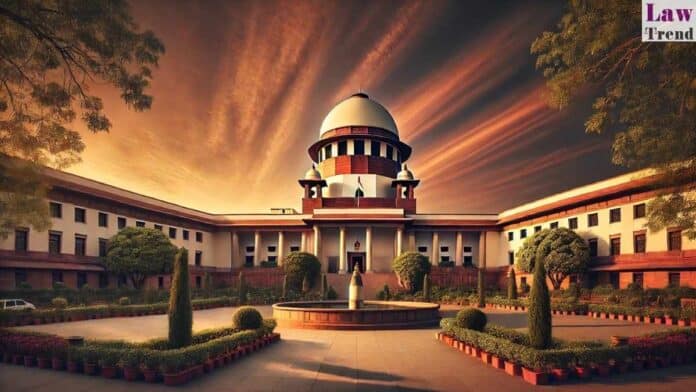In a landmark ruling, the Supreme Court of India has held that the mere mention of Section 307 IPC (Attempt to Murder) in an FIR does not automatically bar courts from quashing criminal proceedings if the circumstances, evidence, and nature of the offence do not justify a trial. The ruling came in Criminal Appeal No.
To Read More Please Subscribe to VIP Membership for Unlimited Access to All the Articles, Download Available Copies of Judgments/Order, Acess to Central/State Bare Acts, Advertisement Free Content, Access to More than 4000 Legal Drafts( Readymade Editable Formats of Suits, Petitions, Writs, Legal Notices, Divorce Petitions, 138 Notices, Bail Applications etc.) in Hindi and English.




